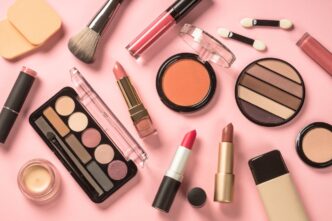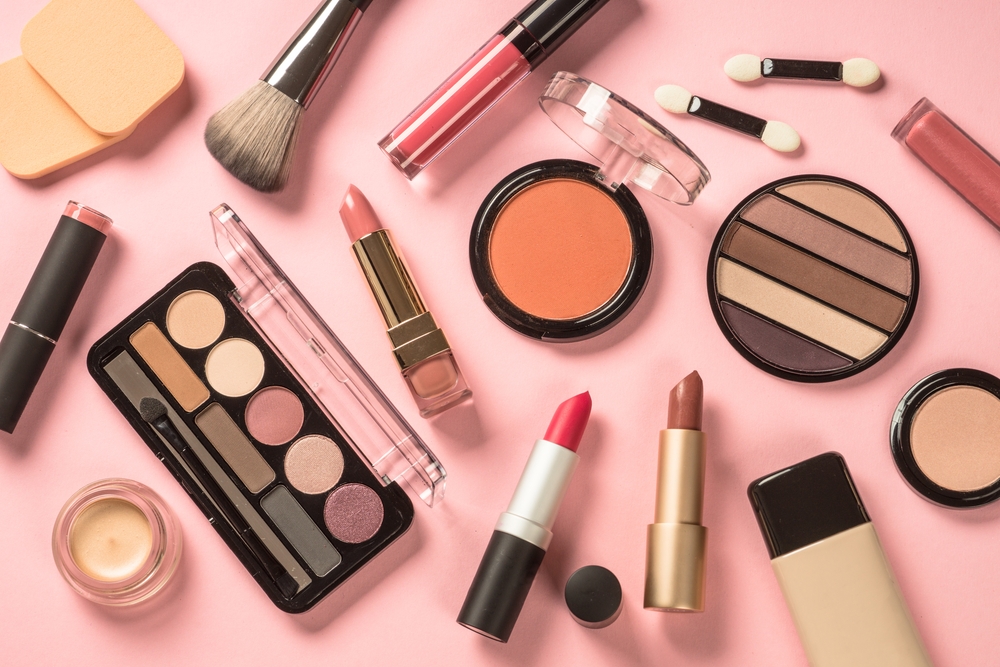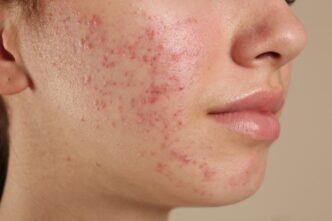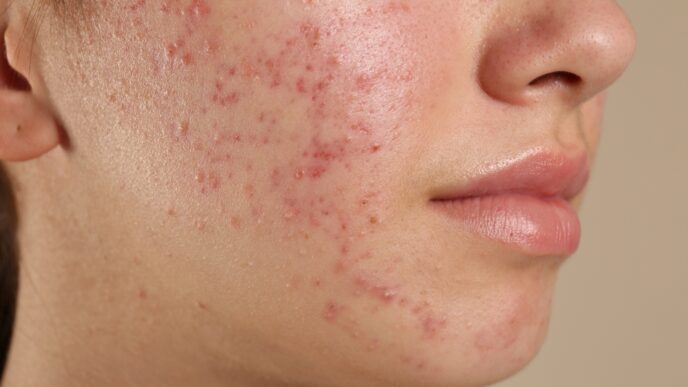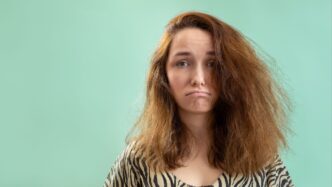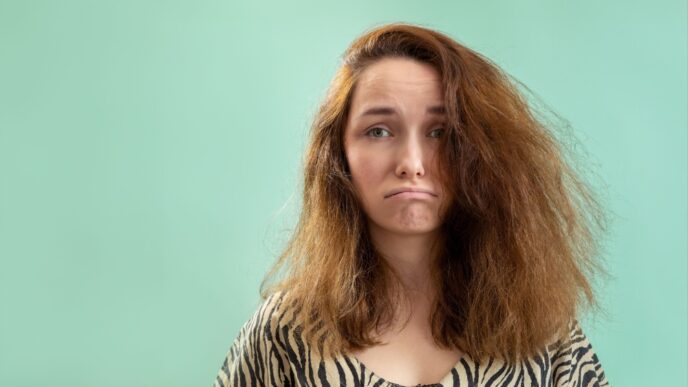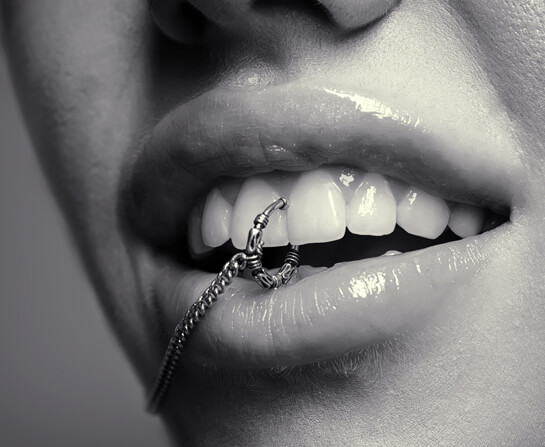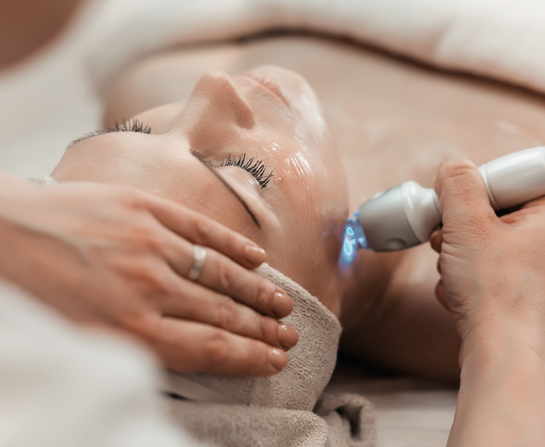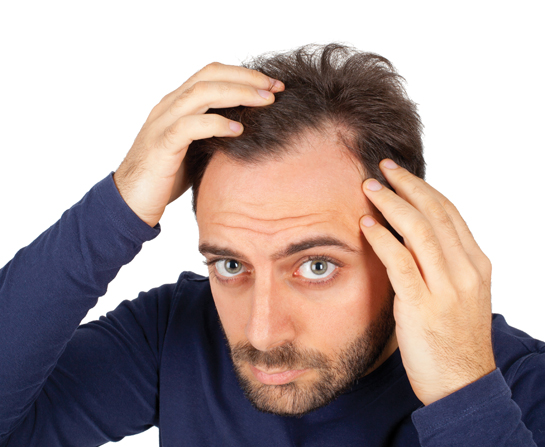From lotions to shampoos, parabens lurk in thousands of products you use daily but are they safe? Studies suggest these common preservatives may mimic hormones, accumulate in tissues, and influence long-term health. With “paraben-free” labeling on the rise, it’s time to separate hype from facts and learn how to protect your body without ditching your beauty routine.
WORDS FATIN SYAMIMI SHAMSUL AND NORLIAWATI MOHD SIDEK
 FEATURED EXPERT FEATURED EXPERTFATIN SYAMIMI SHAMSUL Final Year Student of Bachelor of Science (Hons) Biological Sciences Faculty of Science and Marine Environment Universiti Malaysia Terengganu (UMT) |
 FEATURED EXPERT FEATURED EXPERTNORLIAWATI MOHD SIDEK University Lecturer Department of Basic Science and Entrepreneurship Centre for Fundamental and Continuing Education Universiti Malaysia Terengganu (UMT) |
Millions of individuals worldwide use makeup, lotions, shampoos, and deodorants on a daily basis to feel and look their best. But how frequently do we consider the ingredients in these products?
The chemical preservatives that protect our cosmetics from bacteria and mold are concealed under the vibrant packaging and pleasant fragrances. One of the most popular of these is the class of compounds known as parabens, which is currently the subject of intense international controversy.
- Parabens have been a mainstay in the cosmetics industry since the 1950s due to their affordability and effectiveness.
- However, recent research indicates they may not be as safe as previously thought.
- Concerns have been raised by researchers about the potential of parabens to mimic hormones and hence interfere with physiological processes, potentially causing long-term health issues.
WHAT ARE PARABENS?
- Parabens are synthetic preservatives made from an ester called para-hydroxybenzoic acid.
- The most prevalent types of parabens are:
- Methylparaben
- Ethylparaben
- Propylparaben
- Butylparaben
- The above parabens are used to prevent bacterial and fungal contamination in food, cosmetics, personal care items, and pharmaceuticals.
The U.S. Food and Drug Administration (FDA, 2023) states that parabens have “significantly less estrogenic activity than the body’s naturally occurring estrogen” and there is currently no proof that the little amounts used in cosmetics are dangerous.
However, a number of scientists contend that over time, even minor, repeated exposures could build up in human tissue and function as endocrine-disrupting chemicals (EDCs).
What Are EDCs?
|
HEALTH CONCERNS RELATED TO PARABENS
Hormone-Related Illnesses and Possible Breast Cancer Cell Formation
Parabens have been found in human breast tissue, blood, urine, and breast milk.
- Measurable paraben concentrations discovered in breast tissue indicates that parabens can build up in the body.
- The findings raise significant concerns regarding long-term exposure and hormone-related illnesses, even though they do not prove a direct cause of breast cancer.
- Additionally, parabens can mimic estrogen, which could encourage the formation of breast cancer cells, according to the Breast Cancer Prevention Partners.
- The amounts of parabens typically encountered by people using parabens-containing products are high enough to potentially mimic estrogen,
Effects on the Thyroid Gland
Researchers have also started looking at the potential effects of parabens on the thyroid gland, which controls growth and metabolism.
- Exposure to parabens may upset the balance of thyroid hormones, especially in pregnant women, according to a review published in 2023 in the International Journal of Molecular Science.
- This highlights the complex ways that chemicals in personal care items might affect the human body, even though additional research is required.
REGULATIONS AND GLOBAL RESPONSE
European Commission
- Due to inadequate safety data, the European Commission in 2022 outlawed a number of long-chain parabens, including isobutylparaben and isopropylparaben.
- Other kinds of parabens are still allowed, but their concentration is severely restricted.
ASEAN and Malaysia
- The ASEAN Cosmetic Directive permits parabens only in limited, regulated quantities.
- This Directive is enforced in Malaysia by the National Pharmaceutical Regulatory Agency (NPRA).
- In keeping with global best practices, the NPRA has also promoted the use of safer, substitute preservatives.
Cosmetic Companies
- Major cosmetic companies like Johnson & Johnson, L’Oréal, The Body Shop, and Unilever have modified several of their products to remove parabens from them.
- In response to growing customer demand for transparent and clean beauty, local Malaysian companies like Handmade Heroes and Claire Organics are also marketing natural skincare products devoid of parabens.
HOWEVER, ARE “PARABEN-FREE” PRODUCTS TRULY SAFE?
Although “paraben-free” labelling is becoming a common selling pitch, experts warn that these substitutes are not necessarily risk-free.
- Other preservatives like phenoxyethanol or benzyl alcohol, which can irritate sensitive people or trigger allergic reactions, are used to replace parabens in the products of some brands.
- Furthermore, many nations have no legal restrictions on marketing phrases like “natural” or “organic”.
- The EWG in 2023 cautions that even goods advertised as “eco-friendly” could include artificial perfumes or preservatives that provide additional hazards.
However, Don’t Panic — Be Aware Instead
- Experts stress that awareness, not panic, is the key.
- Customers may make safer and better decisions by reading labels and investigating ingredients.
PRACTICAL TIPS TO PROTECT YOURSELF
There are numerous doable actions that you can take to lessen your exposure to parabens and other dubious compounds.
- Read carefully the ingredient list. Ingredients like methylparaben or propylparaben that end in “-paraben” signify their presence.
- Reduce the quantity of personal care products used on a daily basis, particularly leave-on products like creams and lotions. This can also lower the overall number of preservatives absorbed through the skin.
- Replace expired cosmetics. This is because older cosmetics can deteriorate and lose their preservative power, raising the risk of bacterial contamination.
CONCLUSION
For many years, parabens have been considered dependable preservatives to preserve product quality and avoid contamination.
However, mounting data from medical professionals and scientific studies indicates that extended exposure may have small but important consequences on the human body.
The possibility of parabens to disrupt hormones and build up in tissues cannot be disregarded, even if no one study has proven that they directly cause major illnesses.
Ultimately, we as consumers have the capacity to effect change. We can safeguard our health and promote the advancement of the beauty business by remaining informed, reading product labels, and endorsing ethical companies.
| This article is part of a series that take a scientifically proven look at aesthetics and beauty. |
References:
- Wei, F., Mortimer, M., Cheng, H., Sang, N., & Guo, L. H. (2021). Parabens as chemicals of emerging concern in the environment and humans: A review. The Science of the Total Environment, 778, 146150. https://doi.org/10.1016/j.scitotenv.2021.146150
- Breast Cancer Prevention Partners. (n.d.). Parabens. https://www.bcpp.org/resource/parabens/
- Azeredo, D. B. C., de Sousa Anselmo, D., Soares, P., Graceli, J. B., Magliano, D. C., & Miranda-Alves, L. (2023). Environmental endocrinology: Parabens hazardous effects on hypothalamic-pituitary-thyroid axis. International Journal of Molecular Science, 24(20), 15246. https://doi.org/10.3390/ijms242015246
- European Commission. (n.d.). Parabens used in cosmetics: Citizen’s summary. https://ec.europa.eu/health/scientific_committees/docs/citizens_parabens_en.pdf
- Stoiber, T. (2019, April 19). What are parabens, and why don’t they belong in cosmetics? Environmental Working Group. https://www.ewg.org/what-are-parabens
- Nowak, K., Ratajczak-Wrona, W., Górska, M., & Jabłońska, E. (2018). Parabens and their effects on the endocrine system. Molecular and Cellular Endocrinology, 474, 238–251. https://doi.org/10.1016/j.mce.2018.03.014

